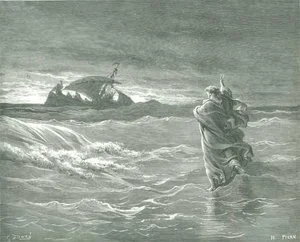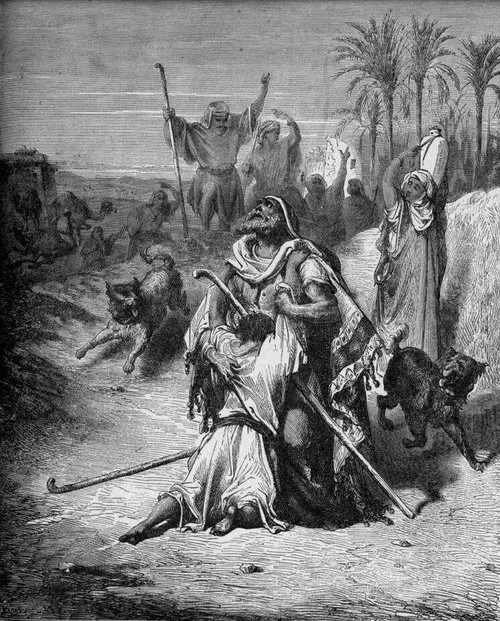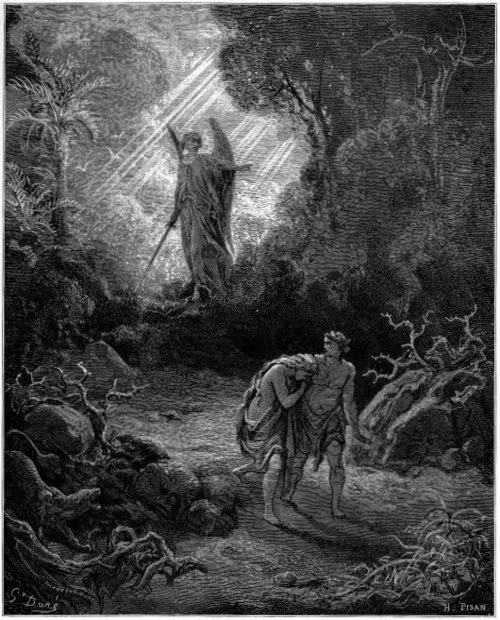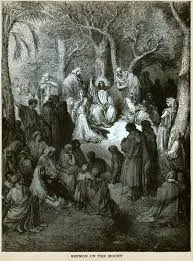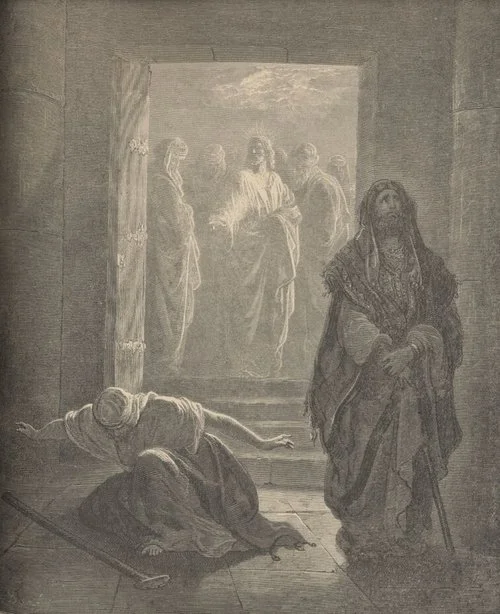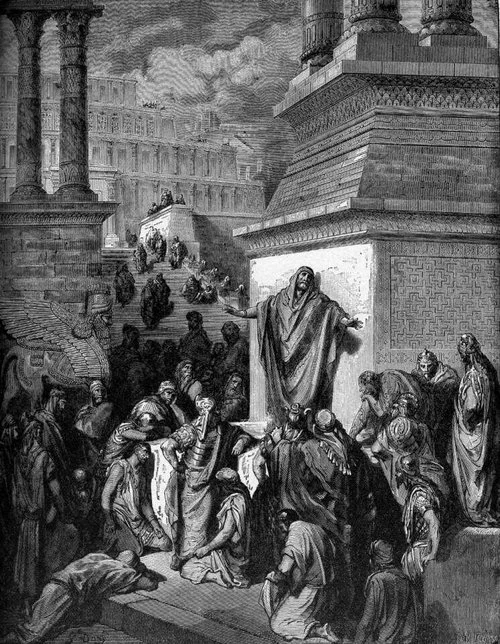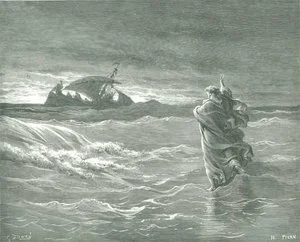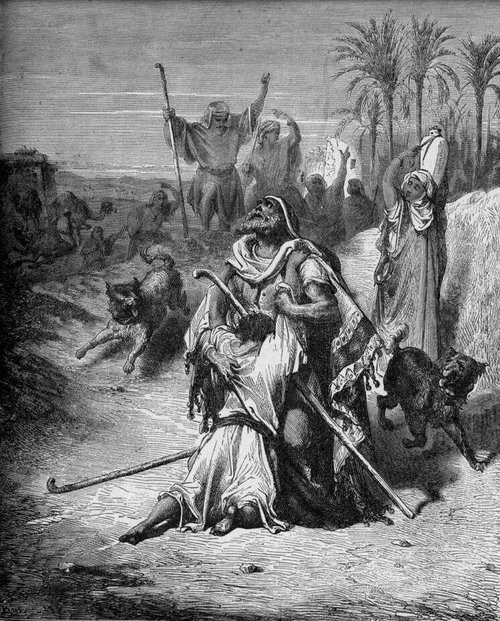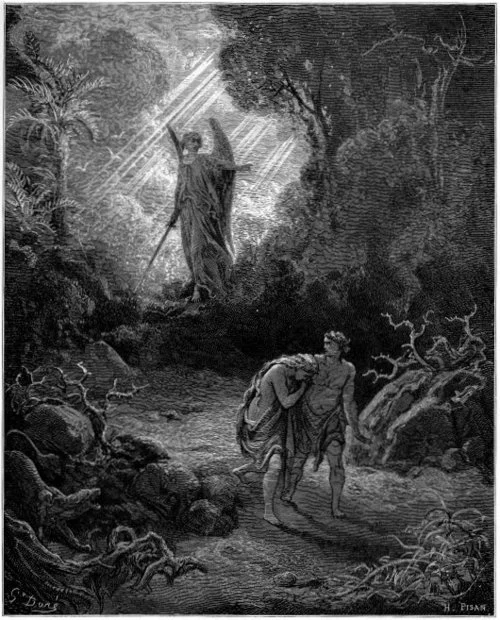Broken For Us
/Written some 700 years prior to Jesus’s life, Isaiah spoke of Israel’s coming salvation. According to Isaiah, the Lord’s servant would suffer great pain for the people of God. In Isaiah 52:13–53:12, the prophet describes what will happen to Jesus: he will be despised, rejected, stricken, afflicted, wounded, crushed, and oppressed to name just a few. What great suffering, especially for someone who was innocent. Yet Jesus’s suffering was not for nothing. He was “crushed for our iniquities; upon him was the chastisement that brought us peace, and with his stripes we are healed” (Isaiah 53:5). Jesus suffered and died for our sins. He bore the weight of our sin, the sin that separated us from God. Through his suffering, we have been reconciled with God. We have been given peace between God and ourselves.
Read More
